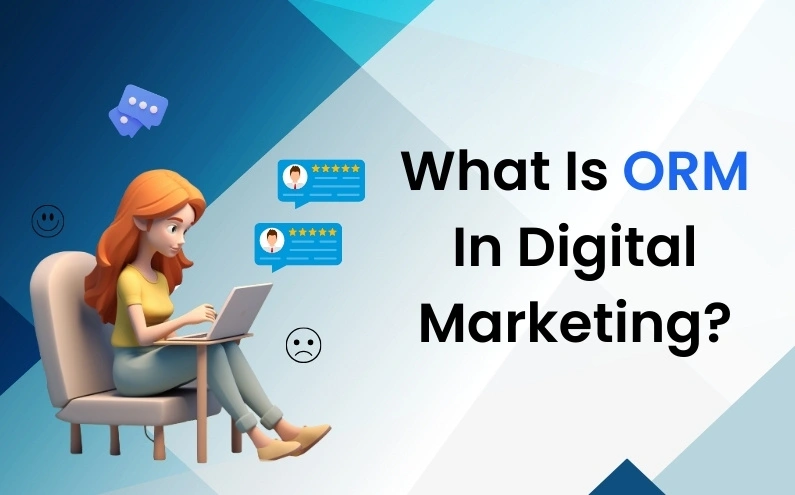What Is ORM?
The term online reputation management (ORM) describes the methods and techniques used to influence how the public views a person, business, or brand. It involves monitoring online mentions, addressing negative content, and promoting positive aspects to ensure a favorable online presence. ORM is crucial in the digital age, where a single negative review or a damaging piece of content can spread rapidly and influence public opinion.
The Importance Of ORM
- Brand Trust and Credibility: A positive online reputation builds trust and credibility among consumers. People are more likely to do business with a brand that has good reviews and positive mentions.
- Customer Acquisition and Retention: A strong online reputation attracts new customers and helps retain existing ones. Positive feedback and reviews act as social proof, encouraging others to choose your brand.
- Crisis Management: ORM helps in quickly addressing and mitigating negative content or crises that could harm your brand’s reputation. Effective management can turn potential PR disasters into opportunities for demonstrating excellent customer service.
Key Components Of ORM
Monitoring
Active Monitoring Tools
- Google Alerts: Set up alerts for your brand name, key products, and relevant keywords to receive notifications when they are mentioned online.
- Social Media Listening Tools: Tools like Hootsuite, Sprout Social, and Mention can track mentions and conversations about your brand across social media platforms.
- Review Platforms: Regularly check sites like Yelp, TripAdvisor, and Google My Business for new reviews.
Addressing Negative Feedback
Responding To Reviews
- Quick Reactions: Give a timely response to unfavorable evaluations to demonstrate that you respect client input and are dedicated to fixing problems.
- Professional and Courteous Tone: Always maintain a professional and courteous tone, even if the review is harsh. Express regret for any trouble caused and make suggestions.
Rectifying Issues
- Identify Patterns: Look for patterns in negative feedback to identify underlying issues. Address these issues internally to prevent future complaints.
- Follow-Up: Get in touch with the client again to make sure their problem has been satisfactorily handled. This has the power to transform a bad experience into a good one.
Promoting Positive Content
Encouraging Positive Reviews
- Request Reviews: Ask satisfied customers to leave positive reviews on key platforms. This can help balance out negative feedback.
- Highlighting Testimonials: Showcase positive testimonials and reviews on your website and social media channels.
Content Creation
- Blog Posts and Articles: Regularly publish high-quality content that highlights your brand’s strengths, achievements, and customer success stories.
- Social Media Engagement: Engage with your audience on social media by sharing positive news, responding to comments, and running interactive campaigns.
Search Engine Optimization (SEO)
Positive Content Ranking
Suppressing Negative Content
- Build High-Quality Backlinks: Acquire backlinks from reputable sites to improve the ranking of your positive content.
- Create Fresh Content: Regularly publish fresh content to push negative content further down in search results.
Strategies For Effective ORM
Building A Strong Online Presence
Consistent Branding
- Unified Brand Message: Ensure that all online content, from your website to social media profiles, consistently conveys your brand message and values.
- Visual Identity: Ensure that all online platforms use the same logos, colors, and design components.
Engagement And Interaction
- Active Participation: Engage with your audience on social media, forums, and review sites. Participate in conversations, answer to remarks, and express gratitude for compliments.
- Transparency and Authenticity: Be transparent about your business practices and authentic in your interactions. Honesty fosters trust and loyalty.

